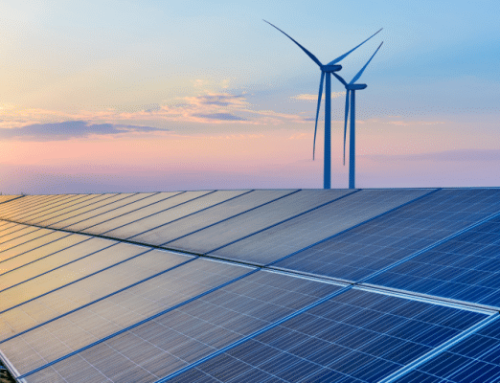Source: IRENA, 2020
Summary: Over the next decades, the countries of the continent
African people will be able to meet the fundamental challenges
access to energy, energy security and
climate change. Countries that still suffer from
fuel poverty can achieve universal access
affordable, reliable, sustainable energy services
and modern for all by 2030, as outlined in
United Nations Sustainable Development Goal 7,
and thereby improve the livelihoods of hundreds of
millions of their citizens. At the same time, Africa can
exploit its potential of abundant renewable energy,
increasingly competitive, to meet demand
increase in electricity and avoid possible dependence
commercial use of fossil fuels. Even with the setting
efficiency measures, energy demand in
African economies are expected to almost double on the horizon
2040, along with the increase in population and
improving living standards. By choosing sources
sustainable energy rather than fossil fuels,
Africa can create new jobs, benefit from
better economic growth and gain benefits
social and health issues while helping to mitigate the
devastating climate change.
African leaders have clearly expressed their
commitment to achieve growth and development
inclusive and sustainable economies in Agenda 2063:
the Africa we want. Universal access to energy, which
is one of the essential foundations of resilience and
prosperity of an economy and a society, remains a priority
absolute for African countries. The success of the transition
of the energy sector will depend on political interests
brought to the process and its approval. For
support these objectives, the international community
should strengthen support efforts and encourage action
accelerated. This study takes a look at the current state of affairs
and suggests avenues for such support
The article by following the following link





Leave A Comment